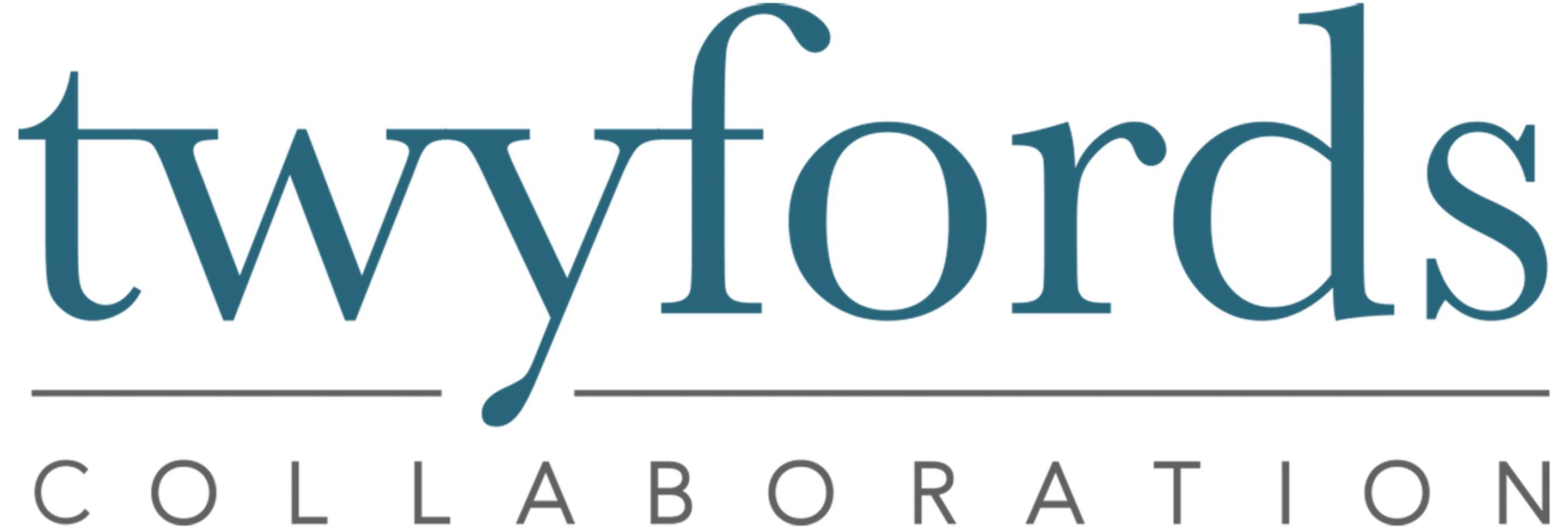What does a picture of ducks in a row conjure up for you? Is it a mother duck leading her brood to or on the pond? Or a group of birds flying in formation? Or even a row of moving targets at a fairground attraction?
Whatever the mental picture, getting your ducks in a row in a work situation usually means planning a project carefully so you stay in control of all the elements before you risk moving forward. This careful planning is something that many of us understand as an essential pre-requisite to action when we are working with others. We believe it’s important to make sure everyone in our team is “on the same page” or “singing from the same songsheet” before we move into action.
How useful is this message to us when we’re working in complexity? When we need to harness the talents and ideas from our team to find a solution that none of us could come up with on our own? I suggest that it’s more of a risk to our project than a benefit.
Complexity by its very nature means that the future is unknown, even unknowable. It is not predictable from the present or from the events and actions of the past. Even the problem to be tackled probably looks different from different perspectives and the solutions will come from trying new things, learning from doing and often feeling uncertain about the possible messiness around us. The antithesis of leading from the front in our duck images.
The idea of ‘getting our ducks in a row’ is likely to reduce diversity rather than expand it. But when facing complexity, when tackling complex dilemmas and challenging situations, we need diverse perspectives and diverse ideas. We need to encourage our team to bring all of themselves and their ideas to the mix rather than expecting them to conform to one set of ideas and one way of working. We need to seek diversity rather than uniformity as we address today’s complex dilemmas, or ‘wicked problems’.
Being in control, being certain, and being in the state of knowing, is very comfortable, but not helpful when we need to take the road less travelled; when we need to experiment, listen and learn from others who know things we don’t; when we need to explore all the possible solutions (even those many would say are impossible) and learn together from what we find.
Perhaps we should stop trying to get our ducks in a row and recognise instead that just getting them splashing around in one pond can be enough to start with.
